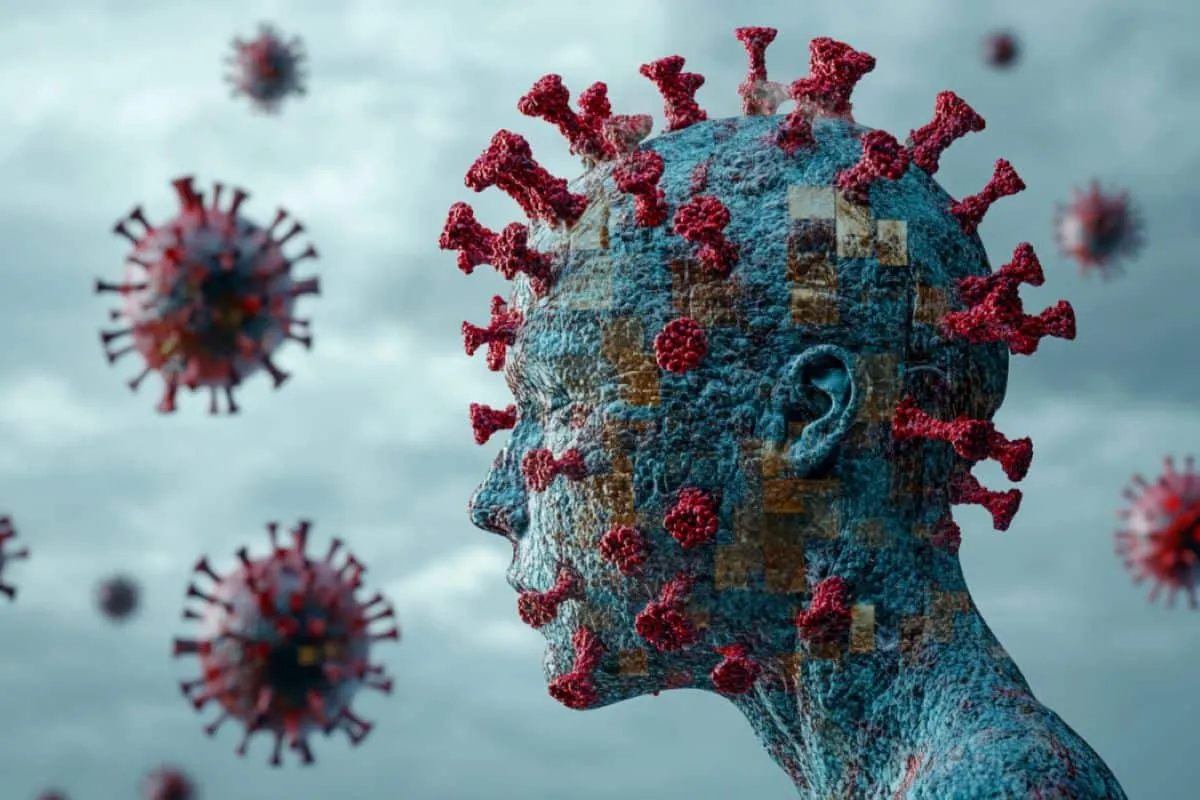Brain Aging and Development: COVID-19 Effects on Teens

Brain Aging and COVID-19: A New Study
Brain aging is a hot topic in today's health discussions. Recent findings from neuroscience research have uncovered alarming insights:
- The COVID-19 pandemic has significantly impacted brain development, particularly in adolescents.
- Studies indicate that stressors during the pandemic accelerated brain maturation.
- The University of Washington reported an average increase of 4.2 years in brain aging for teens, particularly girls.
Understanding Neurodevelopment
This accelerated aging points to the complex interplay between environmental factors and neurobiology.
Future Directions in Brain Research
The implications of brain research during this pandemic will shape the future of developmental neuroscience. As we unravel these findings...
Disclaimer: The information provided on this site is for informational purposes only and is not intended as medical advice. We are not responsible for any actions taken based on the content of this site. Always consult a qualified healthcare provider for medical advice, diagnosis, and treatment. We source our news from reputable sources and provide links to the original articles. We do not endorse or assume responsibility for the accuracy of the information contained in external sources.
This article was prepared using information from open sources in accordance with the principles of Ethical Policy. The editorial team is not responsible for absolute accuracy, as it relies on data from the sources referenced.